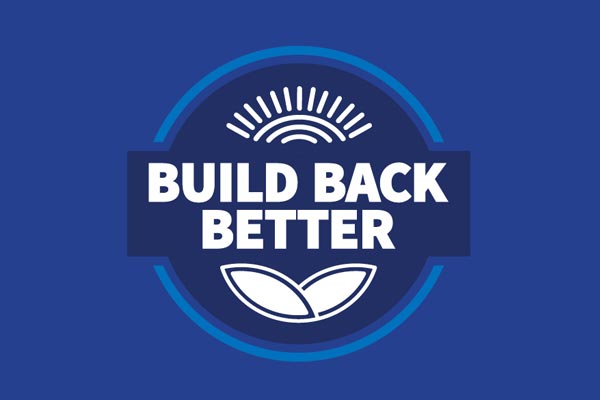The tax landscape has experienced constant and rapid change since 2017, and additional tax changes are on the table, most recently in the form of the Build Back Better Act (BBBA). The BBBA is a massive spending bill aimed at expanding the country’s social safety net and covering issues such as climate change and health care expansion. In addition to nontax items such as the provision for a national paid leave program (four weeks of paid leave benefits) and free universal preschool, the BBBA bill also contains a wide variety of tax provisions.
While the BBBA has been evolving for some time, the complexion of the Build Back Better Act (BBBA) changed significantly upon its passage by the House of Representatives on November 19, 2021. Many provisions included in earlier versions of the BBBA were significantly changed or eliminated entirely. Gone is the proposed increase to the top individual income tax rate, as well as the increase to the top capital gain tax rate, both of which were targeted to individual taxpayers with adjusted gross income greater than $400,000. Also gone is the proposed overall corporate tax increase.
Please see list below for highlights of the key tax provisions in the bill as it stands currently. Stay tuned for future developments regarding how Senate addresses the BBBA proposal and whether Congress ultimately passes the bill.
Please review your individual income tax situation and/or contact our tax team for more information so you can determine if pending legislation requires further attention.
- Net investment income tax (NIIT) expanded to also include income derived by material participation in ordinary course of trade or business received by high income S corporation shareholders, partners, and LLC members (with taxable income over $400,000 (single), $500,000 (married filing jointly) or $250,000 (married filing separately)).
- One year extension (through 2022) of expanded child tax credit and permanent extension of refundability along with temporary expansion of Earned Income Tax Credit (EITC)
- Expanded eligibility for the healthcare premium tax credit
- Addition of a High income surcharge – 5% of modified adjusted gross income (MAGI)– on individuals (> $10 million for joint filers), estates and/or trusts (> $200,000) – plus 3% of MAGI – on individuals (> $25 million for joint filers), estates and/or trusts (> $500,000)
- Expanded wash-sale rules to include commodities, foreign currencies, and crypto-assets
- Tax increase provisions for large corporations ($1b plus in profit per year), including a resurrection of the 15% corporate alternative minimum tax
- Various foreign and international tax provisions
- Stock Buyback/Redemption Excise Tax of 1% on publicly traded corporations
- Extension and expansion of green energy incentives and electric vehicle tax credits
- Retirement plan restrictions, including prohibition of after-tax IRA contributions for Roth IRA conversions (i.e., backdoor Roth) after 2021 and elimination of Roth conversions for taxpayers with taxable income over $400,000
- Compliance and IRS enforcement initiatives to close so-called tax gap and increase the amounts actually able to be collected by the IRS
- Temporary increase of the individual deduction for state and local taxes (SALT) from $10,000 to $80,000 for joint filers
- Unrelated to BBBA, several states (20+, including Illinois, Arizona, & Wisconsin), have enacted or are working to enact workarounds for the current SALT deduction limitation, which allows pass through entities to pay and deduct the full state income tax paid on behalf of its members
For a consultation on how this might effect you and your situation tax situation please reach out to our tax team.

